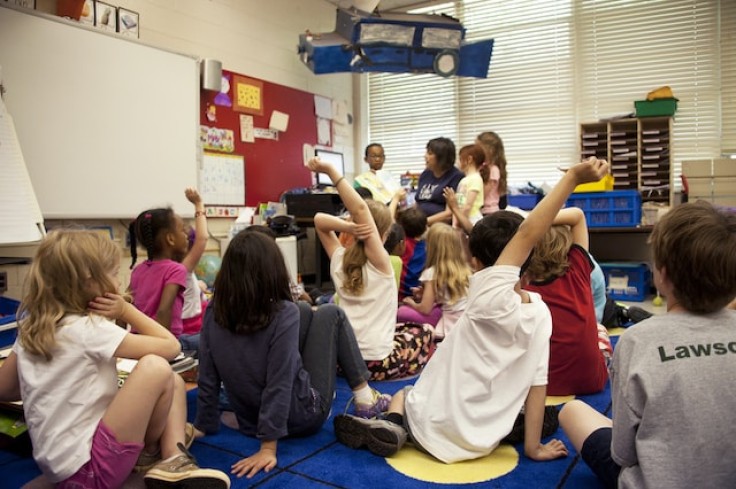
The controversy over the differences between the private and public education systems has gained widespread attention as a result of Zane Marshall's popular TikTok post, which claimed that graduates of private schools have a significant advantage in obtaining top CEO positions in Australia.
This discussion has grown beyond Marshall's original points, becoming a more general one about educational equality, the part that socioeconomic status plays, and the systemic problems that exist in the school system.
Marshall's claim that 70% of Australian CEOs hail from private schools has brought to the forefront the stark differences in opportunities afforded to students based on their educational background. Critics of this disparity point out that the benefits of private schooling often stem from the higher economic status of families able to afford such an education rather than the inherent quality of the schools themselves.
The Success of Public School Graduates
Counterarguments in the debate highlight the achievements of public school graduates, who have excelled without the advantages of elite networks or high-end educational resources. These success stories challenge the perception that private schooling is a necessary path to high achievement, emphasizing the potential of public schools to foster talent and ambition.
Proponents of private education often cite the elevated standards and behavioral expectations set in these institutions. They argue that such environments not only focus on academic excellence but also instill values and disciplines that contribute significantly to personal and professional success later in life.
The discussion also highlights the critical role of parents and family backgrounds in shaping educational outcomes. Families opting for private education usually possess the financial means and connections to support and advance their children's careers, providing a significant advantage over those from less affluent backgrounds.
Marshall's observations have opened up a crucial dialogue on addressing educational inequality. Questions are being raised about how public education systems can be bolstered to offer opportunities and support comparable to those found in private schools, thereby ensuring a level playing field for all students.
Read also: Education Technology [LATEST NEWS UPDATES]: How EdTech Becomes A Vital Tool For Modern-Day Education
Broader Socio-Economic Implications
The private versus public school debate transcends individual narratives, touching upon systemic issues within the educational sector. It invites scrutiny of how education systems either perpetuate socioeconomic divides or work towards bridging them.
The ongoing dialogue signals a growing recognition of the need for systemic reforms and increased investment in public education to ensure equitable access to opportunities.
As the debate continues to evolve, it becomes evident that the discussion around education and success is multifaceted, involving not just individual stories but also broader societal and policy implications.
Addressing these complex issues requires concerted efforts from various stakeholders, including educators, policymakers, and communities, to ensure that all students, irrespective of their background, have access to quality education and equal opportunities.
Zane Marshall's TikTok post has done more than spark a debate; it has opened up a critical examination of the educational system and its role in shaping future leaders. While private education may offer certain advantages, the conversation underscores the importance of ensuring that these benefits do not remain exclusive.
As society grapples with these challenges, the goal remains clear: to create an educational system that is inclusive, equitable, and capable of nurturing talent across all socioeconomic spectrums.
Related Article: Matt Damon Takes on US Public School System in New Documentary Film; What Is 'Backpack Full Of Cash' About?